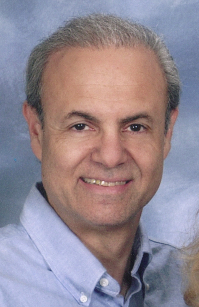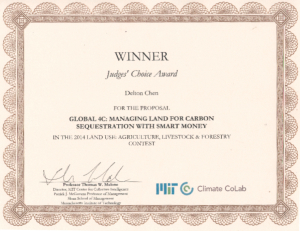The theme of this year’s New Jersey PACE Summit is “PACE: what’s possible for New Jersey?” The subtitle gives part of the answer: “Resiliency • Clean Energy • Jobs”— these are the major elements of the story, that will be explored at the conference. And there’s more to it as well — PACE can provide regenerative community benefits, support new technologies, and foster new approaches to the global challenges of our times.
PACE, which stands for “Property Assessed Clean Energy,” is redefined in NJ’s new amending legislation to include “the purchase, lease, or installation, or any combination thereof, of renewable energy systems or the energy produced by such systems, energy efficiency improvements, water conservation projects, flood resistant construction projects, hurricane resistant construction projects, storm shelter projects, or safe room projects, undertaken by property owners on properties within a municipality.”




